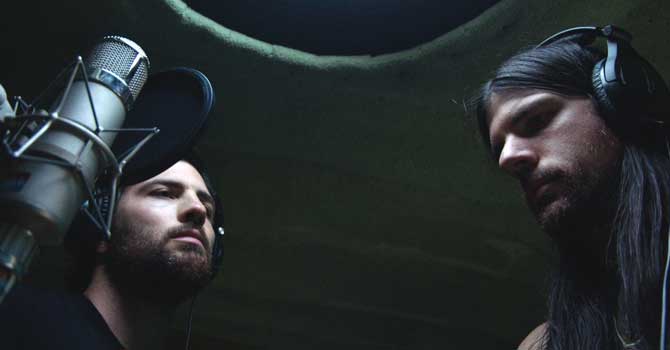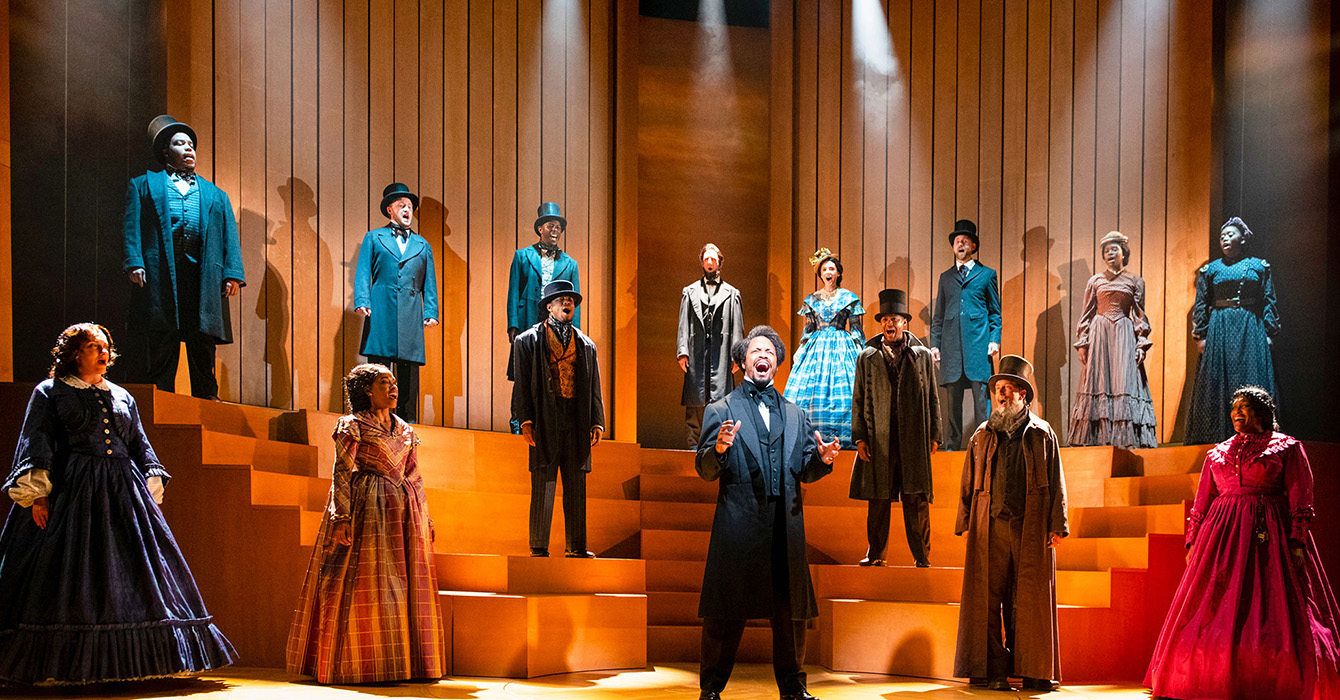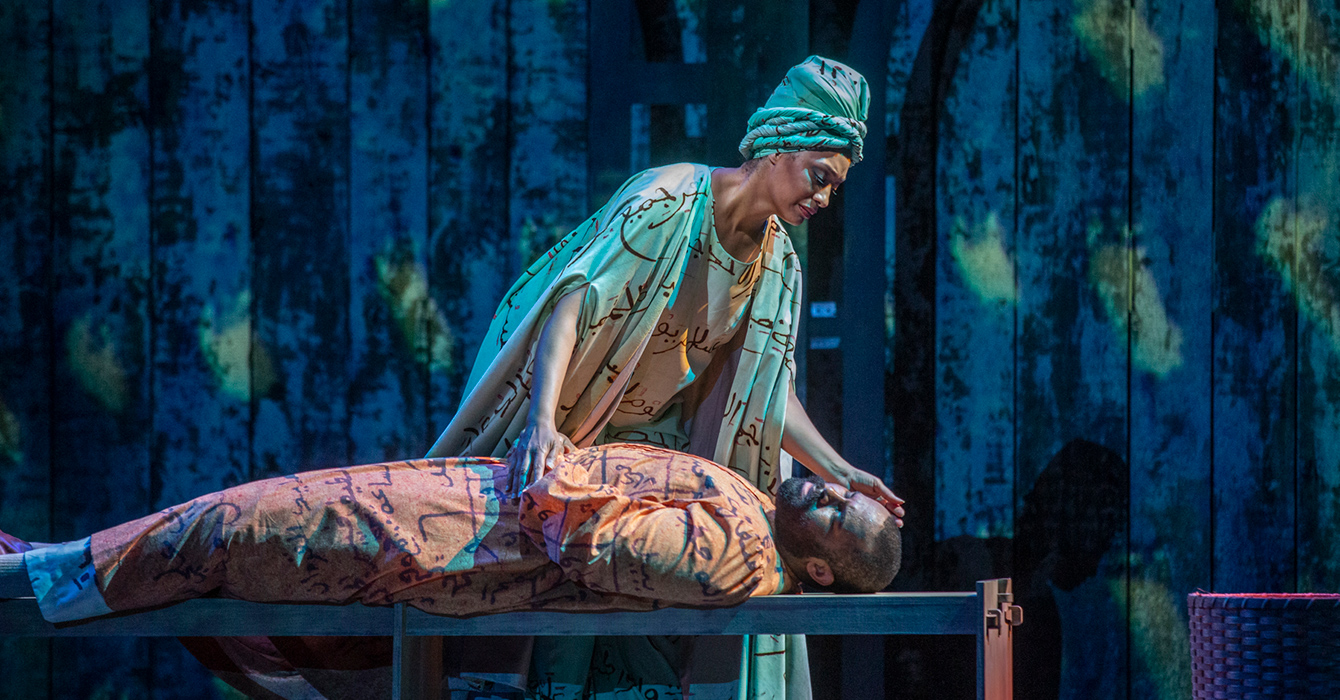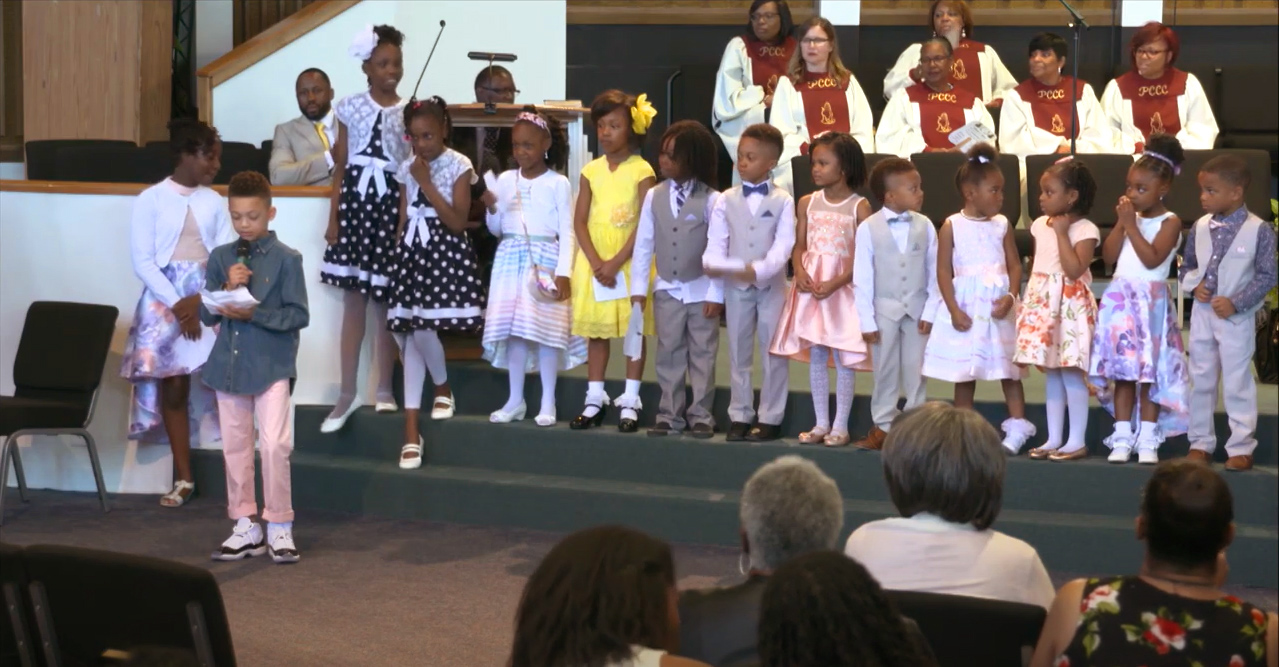As Southerners exiled in Canada, my wife and I have a dispute about whether to talk Southern to strangers. “Don’t use ‘y’all’ on the phone,” I insist. “They’ll assume you’re stupid.” She hung up one time and said, “Well, that lady says I’m adorable.”
I heard writer Reynolds Price say once that if you take the South out of American letters, you’re left with a big white fish. Southern storytelling might secure our reputation in the literary world, but given the South’s many problems -- most importantly, our history of racism, recently re-erupted -- it’s understandable that many people’s associations with the region are not positive. Is there anything here to be proud of?
Maybe, if the Avett Brothers are any indication. Recently, I saw the movie “May It Last: A Portrait of the Avett Brothers” at a sold-out theater (sorry, theatre) in Vancouver as part of this city’s film festival. It’s the story of Scott and Seth Avett and their folk-rock band, which includes Bob Crawford and Joe Kwon.
The brothers grew up in Concord, North Carolina, and I wept when the film showed the sights and sounds of my home state -- crickets and light through the pines and bullfrogs and barbecue.
But mostly it showed goodness. The Avett Brothers love one another. They finish each other’s sentences like an old married couple. The documentary chronicles the making of the album “True Sadness,” a collaboration between the band and producer Rick Rubin.
At one point in the film, Rubin says that he wanted to work with them because it seemed like they would make his life better. Theirs is music for grown-ups. It’s not just about sex and breaking stuff. It’s about family and friendship and place and work and love.
Virtue -- the ability to be a good human being -- may be so old it’s new again.
That wouldn’t matter if their music weren’t good. But it is -- really good. The film tells some of the story of how it got that way.
As kids, the brothers wouldn’t touch the banjos their father played. They were playing Kurt Cobain and Hall & Oates. Then they heard Doc Watson, the legendary guitarist and songwriter from the North Carolina mountains. He became a mentor and friend.
Seth says that until then, they’d always assumed that power and volume were synonymous. But Doc played quietly. And there was no denying his power. They had to learn this way of playing, this way of songwriting, this way of treasuring a tradition profoundly while also doing something unimaginably new with it.
I heard the Avetts at MerleFest a few years back. For their encore, they got quiet, singing songs the audience didn’t know. The crowd got restive, checking their phones. Then someone came screaming through our midst like John the Baptist: “They’re playing Doc f-ing Watson. Y’all listen!” Now the world is.
Usually, piety repels. Yet something about this band attracts. Rubin shows it in the film as he closes his eyes and sways, long white hair and beard unkempt.
“May It Last” is co-directed by Judd Apatow, taking a break from his normal Seth Rogen gross-out fare. Neither Rubin nor Apatow is generally known for piety.
It’s astounding -- the Avetts remix Doc Watson, and a New Yorker and a Californian want to show ’em off to the world.
The film starts and ends with a performance at Madison Square Garden just after the band’s first gold record. A security guard asks them who they are. They dutifully produce credentials, seemingly happy still to be unrecognized.
And it all comes out of North Carolina Methodism. The Avetts’ grandfather, the Rev. Clegg Avett, served little rural churches. Their father, Jim, in more recent years has played music and spoken in Methodist churches around their home in Concord. The boys grew up in church, and all four of the band members still count it as important.
Scott says early on that it’s always seemed natural to him that people would be interested in how he feels. His grandfather, as a pastor, expressed his feelings in front of groups of people -- why shouldn’t he?
The film includes the story of Crawford’s 2-year-old daughter being diagnosed with a rare brain cancer. Scott flashes his intense gaze and says matter-of-factly, “That’s when we had to ask ourselves if we believed in God.” Kwon weeps as he recalls sleeping on hospital waiting room floors to be with the Crawfords. Crawford says weeks went by when they were never alone.
It’s the sort of friendship human beings are made for but rarely have now. What if, despite everything our acquisitive and fame-obsessed culture says, creativity is still meant to be communal -- not individual, but interpersonal -- and its goal, not to make money, but to tell the truth beautifully and bless others?
The film’s most powerful scene comes just after the recording of the song “No Hard Feelings.” Seth hobbles up like an old man who can hardly walk. The song is about death, and living so as to be ready for it. “When my body won’t hold me anymore / And it finally lets me free / Will I be ready?”
Congratulated on the recording, the brothers visibly recoil. They’ve ripped their hearts open. They don’t want to be congratulated; they’re just the messengers. They gaze at the ocean together to recover a little and then get back to work, like their daddy once did at his welding business, and their mama as a schoolteacher. This is what they do, and they’re better at it for not being celebrated.
It’s notoriously dangerous to get too close to your heroes; the halo can dim. (I was worried when I saw the Avetts in an ad for Gap. I needn’t have been.) “If I get too close, will the magic fade?” the brothers themselves ask. Not so in this case.
Usually, trying to be better people doesn’t sound like much fun -- and talking about it directly certainly doesn’t work. Listening to these guys, screaming and stomping along, you don’t even notice it’s happening, but it is.
As corny as it sounds to say this, the Avetts make me want to be a better person.
I might even talk Southern to strangers. I hope it will conjure up kindness, making music together, the discovery of surprising friendships.
“Hey, come set down,” I’ll say, when I’m talking about God to a roomful of skeptical strangers in Vancouver. “Y’all will want to listen….”









